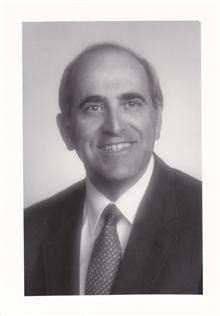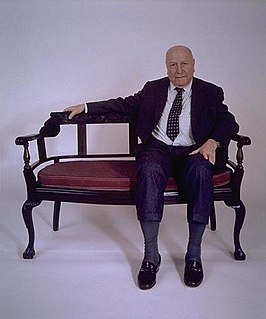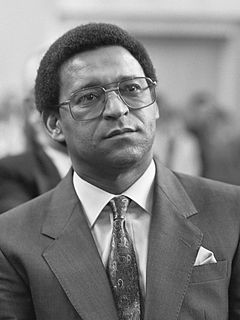A Quote by Anthony J. D'Angelo
Related Quotes
But I'd rather help than watch. I'd rather have a heart than a mind. I'd rather expose too much than too little. I'd rather say hello to strangers than be afraid of them. I would rather know all this about myself than have more money than I need. I'd rather have something to love than a way to impress you.
Everybody's complaining about all of Trump's cabinet members, how rich they are, that's horrible. I'd rather have that than a bunch of people in Obama's cabinet that have never spent a minute making a payroll, creating a job, or a service, or inventing a product. What the hell is there about academics from the faculty lounge who don't know what they're talking about other than theoretically. Why not have a bunch of people who have succeeded wildly, sharing what they know, implementing what they know nationwide? I would much rather have that.






































